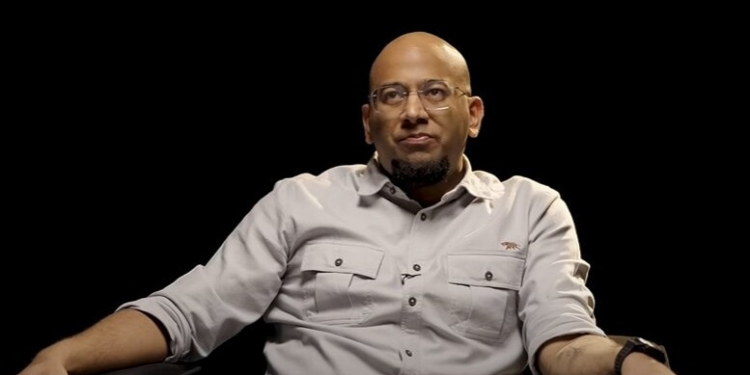Shantanu Deshpande, founder and CEO of Bombay Shaving Firm, shared a stark reflection on Indian work tradition in a current LinkedIn submit. His unfiltered critique touched on the realities of the workforce, wealth inequities, and the deeply ingrained “work arduous” ethos that has pushed economies for hundreds of years.
“If monetary safety have been assured, 99% wont present as much as work the subsequent day,” he said, difficult the basic motivations that gas the nation’s labor pressure. From gig staff to authorities workers, Deshpande noticed a near-universal dissatisfaction, including, “The story is similar. 19-20 ka farak.”
Deshpande didn’t maintain again when discussing the wealth divide, highlighting how simply 2,000 households management 18% of India’s wealth but contribute far lower than 1.8% of the nation’s taxes. “That’s simply INSANE,” he exclaimed. He questioned the morality of a system the place the bulk toil endlessly to maintain their households whereas a number of profit disproportionately.
Reflecting on work’s historic function, he remarked, “For 250+ years, we’ve accepted the norm of working tirelessly from daybreak to nightfall, typically for weeks at a time, with the promise of a paycheck. Nations have been constructed on this, so we do it.” Nonetheless, he candidly admitted that even fairness builders like himself are responsible of perpetuating the “work arduous and climb up” narrative as a result of “we don’t know another approach.”
The submit sparked sturdy reactions. One commenter argued that jobs supply greater than monetary stability, stating, “A job retains the thoughts energetic. With out it, individuals may simply waste time scrolling by social media.” One other identified that nations thrive on the labor of farmers, academics, healthcare staff, and distributors who would proceed working even when sustenance have been assured.
Others questioned the feasibility of offering monetary safety for billions, whereas some delved into philosophical views, likening life’s struggles to themes within the Ramayana and Mahabharata.









